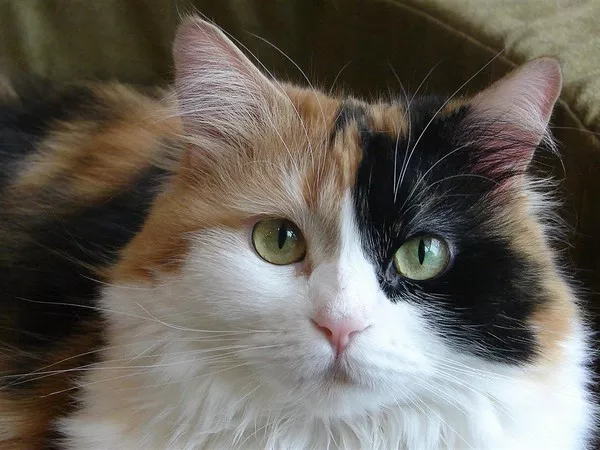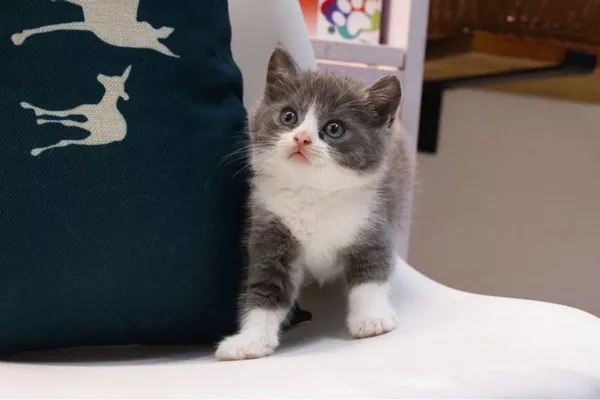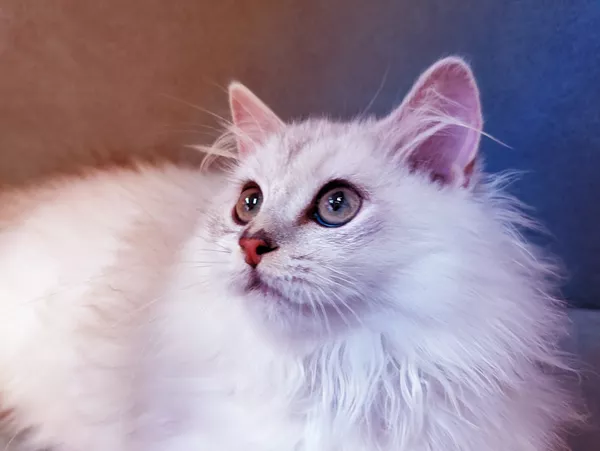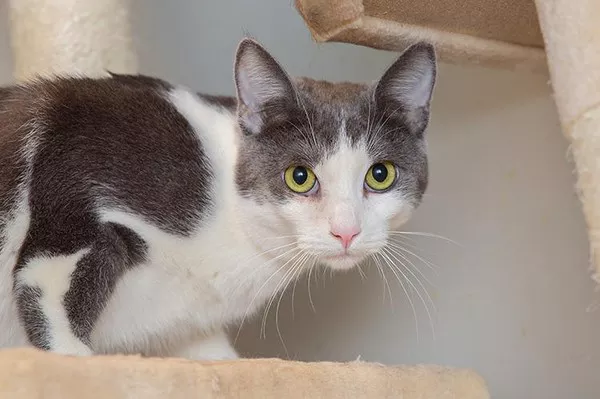British Shorthairs are one of the most popular breeds of cats in the UK, known for their round faces, chubby cheeks, and affectionate personalities. However, some people have concerns about the breed’s health, specifically regarding breathing problems. In this article, we will explore whether British Shorthairs have breathing problems and what you can do to help them.
Firstly, it’s essential to understand that breathing problems in cats can be caused by various factors, including genetic predisposition, lifestyle, and environmental factors. While some breeds may be more prone to respiratory issues, it doesn’t necessarily mean that all cats of that breed will suffer from the same problems.
Breathing problems can affect any breed of cat, including British Shorthairs. However, it’s worth noting that the breed’s flat face and short nose can sometimes lead to breathing difficulties. The technical term for this condition is brachycephalic obstructive airway syndrome (BOAS).
BOAS occurs when the cat’s airways are narrowed or obstructed, making it harder for them to breathe. This condition is more common in flat-faced breeds, including British Shorthairs, as they have a shorter snout and narrower nostrils. As a result, they may experience wheezing, snoring, or difficulty breathing, especially during exercise or when stressed.
It’s worth noting that not all British Shorthairs will develop BOAS. Still, the breed is considered at a higher risk compared to other breeds due to their physical characteristics. However, it’s essential to monitor your cat’s breathing and seek veterinary advice if you notice any unusual symptoms.
If your British Shorthair does develop breathing problems, there are several things you can do to help them. Firstly, ensure that they are at a healthy weight, as obesity can exacerbate respiratory issues. Providing regular exercise and a healthy diet can help maintain a healthy weight and improve overall health.
Another essential factor in preventing and managing respiratory issues in British Shorthairs is the environment they live in. Keep your home well-ventilated, avoiding smoking around your cat, and using air purifiers to reduce pollutants in the air. Additionally, keeping your cat’s bedding and litter box clean can help prevent respiratory irritants and infections.
Finally, regular veterinary check-ups are essential in maintaining your British Shorthair’s respiratory health. Your vet can monitor your cat’s breathing and identify any issues early on, allowing for prompt treatment.
In conclusion, while British Shorthairs are a popular breed, they are at a higher risk of developing breathing problems, primarily due to their physical characteristics. However, by maintaining a healthy lifestyle, providing a clean and well-ventilated environment, and seeking veterinary advice, you can help prevent and manage respiratory issues in your British Shorthair.


























